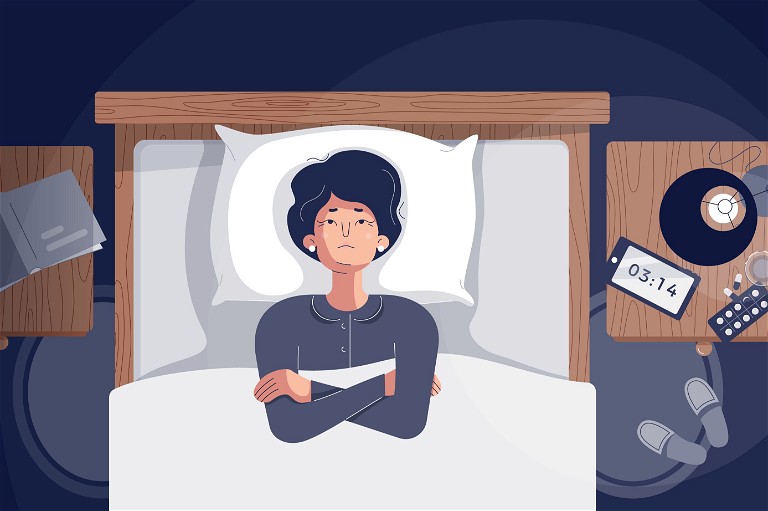Feature
Menopause and sleep disruption
Betsy Goodfellow from Pharmafocus considers the impact menopause has on sleep and why so many women struggle with disrupted sleeping

Many women going through menopause experience sleep disruption, with 39-47% of perimenopausal women and 35-60% of postmenopausal women reporting that they have had difficulties sleeping. 1The most reported issues include hot flashes, insomnia and breathing disorders during sleep, or sleep apnoea, among others.
Hot flashes affect 75-85% of women during menopause and usually last anywhere between 30 seconds to five minutes.1Hot flashes that occur at night are often referred to as ‘night sweats’. This term refers to the sudden and unexpected sensation of heat all over the body due to a rise in body temperature and blood flow increasing to the face, which causes sleep disruption.
Insomnia is another common symptom of menopause, affecting up to 61% of postmenopausal women.1Women with insomnia find it more difficult to get to sleep, wake up multiple times throughout the night and often find it difficult to go back to sleep, which can lead to tiredness, irritability and difficulties with concentration during the day. 2Sleep deprivation can also cause feelings of anxiety, have an impact on focus and memory and can result in headaches and inflammation. 1
Breathing disorders during sleep also increase due to the effects of menopause. Snoring and sleep apnoea are both more common in postmenopausal women, and once perimenopause begins, the risk of experiencing breathing disorders during sleep increases by 4% each year.1It is thought that lower progesterone levels, such as those in postmenopausal women, contribute to the development of sleep apnoea, as progesterone can help to prevent the upper airways from relaxing, which causes the pauses in breathing common in people with sleep apnoea. 1
Although these are the main causes of disrupted sleep in menopausal women, there are a few other associated sleep disorders, such as restless legs syndrome and periodic limb movement disorder, that cause involuntary movements that can cause discomfort and disrupt sleep.1
References
1. Visit: sleepfoundation.org/women-sleep/ menopause-and-sleep
2. Visit: nhs.uk/conditions/insomnia/